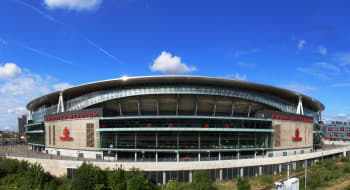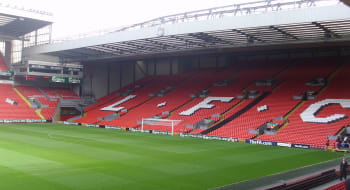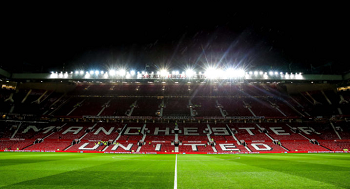The Spain National Football Team, widely known as La Roja, is one of the most successful and technically gifted sides in the history of international football. Representing a nation with a deep passion for the sport and a proud footballing heritage, Spain has long been admired for its elegant style of play, tactical intelligence, and ability to produce world-class talent. While the team had endured decades of near misses and underachievement, Spain’s historical perseverance paid off with one of the most dominant eras ever seen in international football.
Spain’s journey in international football began in the early 20th century, participating in their first FIFA World Cup in 1934. Throughout the decades, Spain consistently qualified for major tournaments and often boasted technically skilled players, yet struggled to convert potential into trophies. That narrative changed decisively at the turn of the 21st century, marking the start of what many regard as the golden era of Spanish football. La Roja transformed their reputation from perennial underachievers to serial winners, showcasing a style of play that would redefine the modern game.
Spain’s golden era began with a stunning triumph at UEFA Euro 2008, where they defeated Germany in the final to lift their first European Championship in 44 years. This was followed by an historic victory at the 2010 FIFA World Cup in South Africa. With a team renowned for its possession-based tiki-taka style, Spain overcame the Netherlands 1-0 in the final thanks to a dramatic extra-time goal. They then became the first national side to win three consecutive major international tournaments by securing the UEFA Euro 2012 title with a commanding 4-0 win over Italy in the final. This era was characterised by fluid passing, relentless control of the game, and a unity that made Spain nearly impossible to beat.
These victories are considered among the greatest achievements in football history. The team’s golden generation left a lasting legacy that continues to influence Spanish football and inspire new generations of players. Spain’s achievements solidified their place among the giants of international football and demonstrated how a commitment to technical excellence and a clear footballing identity could lead to unprecedented success.
Matchday Atmosphere
Matchdays for La Roja are filled with pride, energy, and flair. Whether playing at the Santiago Bernabéu in Madrid, the Ramón Sánchez Pizjuán in Seville, or other major stadiums across the country, Spanish fans bring a vibrant and passionate presence. Waves of red and yellow fill the stands, with chants, songs, and rhythmic clapping echoing throughout the match. Fans celebrate not only the team’s success but also its artistry on the ball. During international tournaments, Spanish supporters travel in large numbers, creating a festive and colourful atmosphere wherever La Roja plays.
Ticket Demand Insights
Ticket demand for Spain matches is consistently high, particularly during UEFA European Championship and FIFA World Cup qualifiers. Home fixtures against major European nations and weekend matches often sell out quickly. Spain’s reputation as one of the world’s top footballing nations ensures strong interest from domestic fans and international visitors alike. Tournament matches draw significant crowds, with Spain among the best-supported teams at every major competition. Friendly matches also attract attention, especially when played in footballing strongholds like Barcelona, Valencia, or Bilbao.
Major Cup Wins and Year: FIFA World Cup – 2010; UEFA European Championship – 1964, 2008, 2012
The price for Spain tickets depends on several factors including the opponent, the date, whether it's home or away, and the competition.
The average ticket price is
85
while the cheapest price is 82 .










